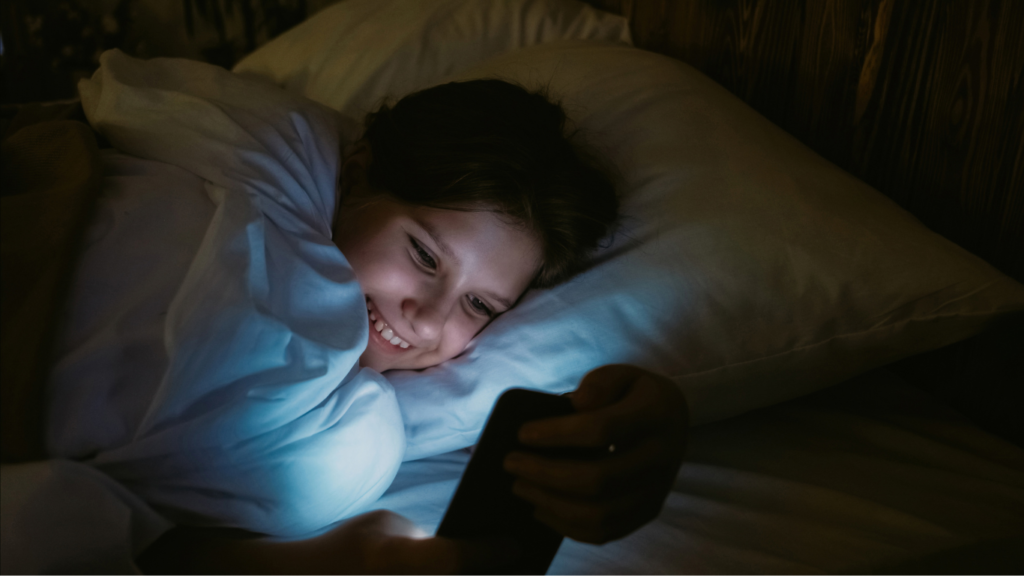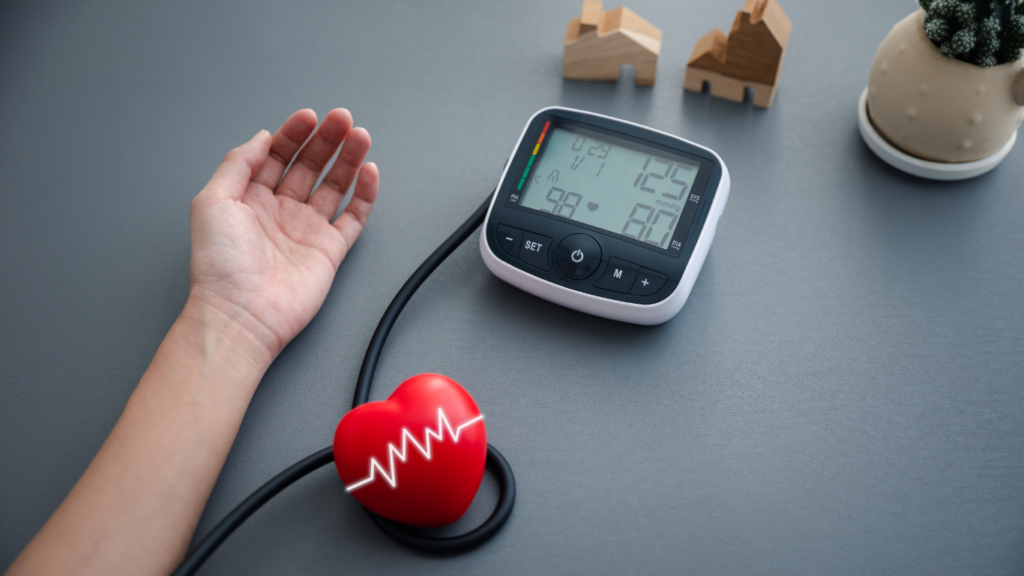Picture this: It’s midnight, and you’re scrolling through Instagram or binge-watching your favorite series on Netflix. Sounds familiar, right? But here’s the catch — that little screen in your hand might be silently messing with your heart. Yup, you read that right. Recent research has linked excessive screen time at bedtime with a surprising health risk: hypertension.

The Connection Between Screens and Blood Pressure
So, how does your nightly TikTok marathon connect to high blood pressure? When you’re glued to your screen, your body’s natural wind-down process gets disrupted. The blue light from screens suppresses melatonin, the hormone responsible for sleep. Poor sleep leads to stress on your cardiovascular system, increasing your risk of hypertension.
Dr. Matthew Walker, a renowned sleep scientist and author of Why We Sleep, puts it like this: “The shorter your sleep, the shorter your life.” Sleep deprivation doesn’t just leave you feeling tired; it’s a gateway to serious health problems.
Why This Matters for You
If you’re between 15 and 30, you might feel invincible. But these habits today can lead to health challenges tomorrow. The constant connectivity keeps your brain in overdrive, impacting not just your heart but also your mental health. You’re not alone in this — even celebs have faced the issue.
Selena Gomez once shared, “Disconnecting sometimes is the best way to connect with yourself.” Taking a break from screens, especially at night, can do wonders for your health and well-being.

What Can You Do?
Here are some practical tips to reduce your bedtime screen time and improve your health:
Create a Digital Curfew: Decide on a time to put your screens away, ideally an hour before bed. In Atomic Habits, James Clear emphasizes the power of small changes: “Habits are the compound interest of self-improvement.” Start small and build a tech-free bedtime routine.
Switch to Analog Activities: Replace screen time with activities like reading a physical book, journaling, or meditating. Brené Brown’s The Gifts of Imperfection encourages practicing mindfulness to improve emotional health.
Use Blue Light Filters: If you must use your devices, enable night mode or use blue light-blocking glasses. This reduces the strain on your eyes and helps maintain your body’s natural rhythms.
Create a Sleep Sanctuary: Make your bedroom a screen-free zone. Decorate it with calming colors, invest in blackout curtains, and keep your phone away from your bedside. Arianna Huffington, in The Sleep Revolution, advises creating a dedicated space for rest to improve sleep quality.
The Bigger Picture
The impact of screen time goes beyond just hypertension. It affects your mental clarity, energy levels, and mood. The good news? Small, consistent changes can help you reclaim your nights and protect your health. It’s not about quitting screens entirely but finding a healthy balance.
As Dr. Rangan Chatterjee, a leading physician, says, “Health is about the 100 small decisions you make every day.” Let’s start making better choices tonight. Put your phone down, pick up a book, and give your heart — and mind — the rest it deserves. You’ll thank yourself later.